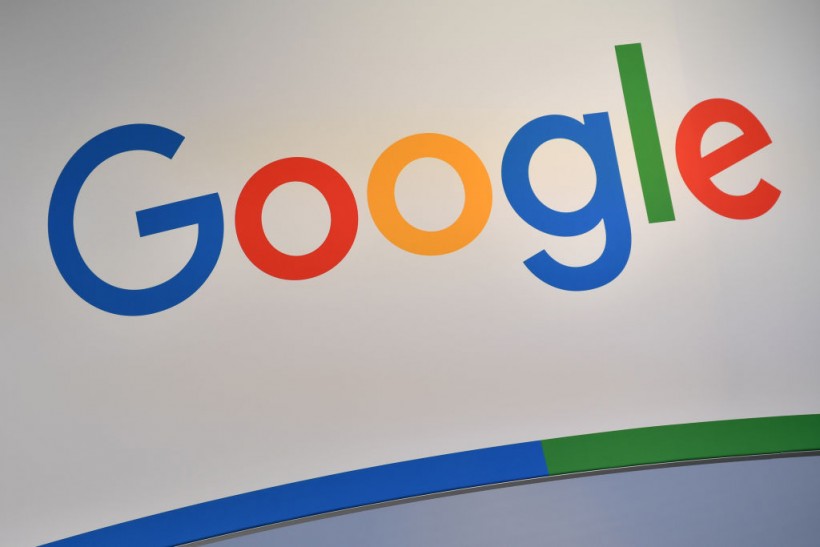Google has announced that its AI chatbot, Bard, is making significant strides in mathematical tasks, coding questions, and string manipulation, according to the company's latest blog post.
Additionally, Bard now offers a new feature that allows users to export tables directly to Google Sheets, enhancing its utility for data management.

HANOVER, GERMANY - APRIL 17: The logo of Google is seen at the 2023 Hannover Messe industrial trade fair on April 17, 2023, in Hanover, Germany. Over 4,000 companies, primarily from the energy and engineering sectors, are exhibiting at the fair, with an emphasis on digitalization, connectivity, and climate neutrality.
Advanced Reasoning and Math Prompts
According to Google, one of the key advancements is Bard's improved performance in handling advanced reasoning and math prompts.
The implementation of a technique called "implicit code execution" enables Bard to detect computational prompts and execute code in the background.
This capability enhances its accuracy in responding to mathematical tasks, coding queries, and string manipulation prompts.
Users can expect better answers to questions such as determining prime factors, calculating growth rates, and word reversals.
In addition to enhanced math abilities, Bard has also shown improved logic and reasoning skills. Large language models (LLMs) like Bard excel at predicting and generating responses based on language patterns.
However, they have traditionally struggled with reasoning and math-intensive tasks. To address this limitation, Google has incorporated a new method that allows Bard to generate and execute code, harnessing the power of "System 2" thinking-slow, deliberate, and effortful cognition.
By combining the strengths of LLMs (System 1) and traditional code (System 2), Bard can deliver more accurate responses, according to Google.
This approach draws inspiration from the dichotomy of human intelligence described in Daniel Kahneman's book "Thinking, Fast, and Slow."
Read Also: Google Pixel 8 Pro's Built-In Thermometer Spotted! Device's First Leaked Video Shows Other Changes
30% Improvement in Accuracy
The integration of implicit code execution empowers Bard to identify prompts that would benefit from logical code, generate it internally, execute it, and utilize the results to generate precise responses.
Initial results from Google's internal challenge datasets indicate an approximate 30% improvement in Bard's accuracy when responding to computation-based word and math problems.
However, it's important to note that Bard may still produce incorrect or incomplete code, and its response might not always include the executed code.
While these advancements mark significant progress, Google acknowledges that Bard is not infallible. There are situations where Bard may not generate code to assist with the response, generate faulty code, or omit the executed code from its reply.
Nonetheless, these improvements enhance Bard's ability to provide structured and logic-driven responses, making it a more valuable tool. Google plans to continue refining Bard's capabilities to further enhance its utility.
As Google continues to develop Bard, users can expect additional updates and enhancements to further improve its performance. Bard's growing proficiency in math, programming, and logical reasoning underscores Google's commitment to advancing AI technologies.
Related Article: Google Duet AI: How to Sign up for Workspace AI Tools Waitlist for Your Next Assisted Content









